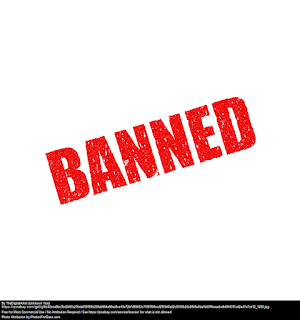Prohibition began on January 17, 1920, and lasted until 1933. This led to illegal sales of alcohol, bootlegging, and illegal drinking spots. This caused so much crime that this era is known as the era of gangsterism.
Supposedly, Prohibition would cut down on crimes, corruption, and social issues, and improve health and hygiene in the US. It decreased the consumption of alcohol at first but then increased later on.
Many restaurants had to close since they longer made a profit from liquor. Thousands died from drinking cheap moonshine filled with toxins. States that relied on liquor taxes no longer had funds for roads or schools. The need for revenues increased during the Great Depression which caused the end of Prohibition.
Congress passed the 21st Amendment in 1933 which repealed the 18th Amendment and Prohibition ended.
Class Activities:
- Research “Al Capone” and gangsterism.
- What was a “speakeasy” during the Prohibition era?
- What was bootlegging and what were the penalties for it?
- Pretend to be a citizen during that time and write a letter to the newspaper either in favor or opposed to the 18th Amendment.




No comments:
Post a Comment